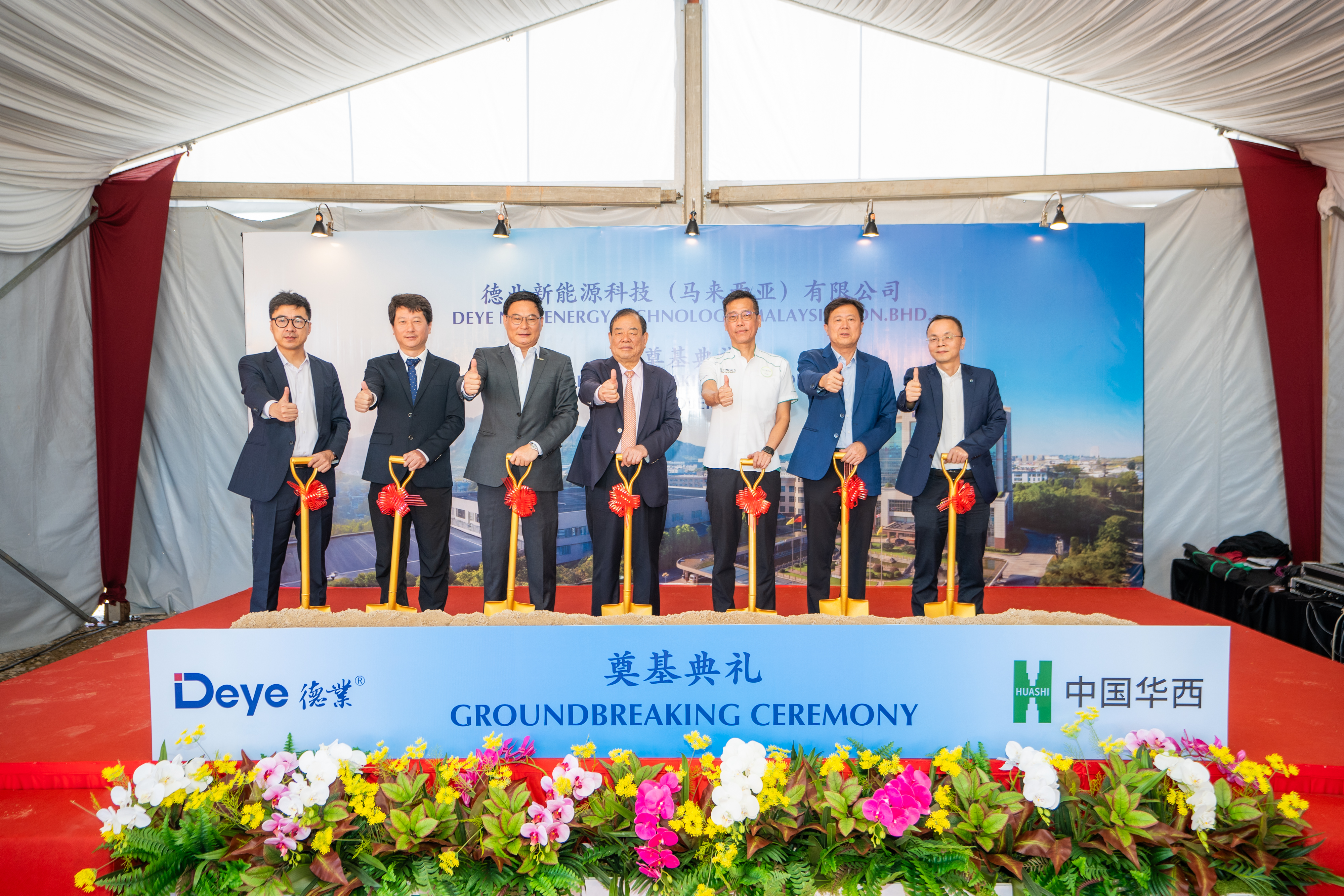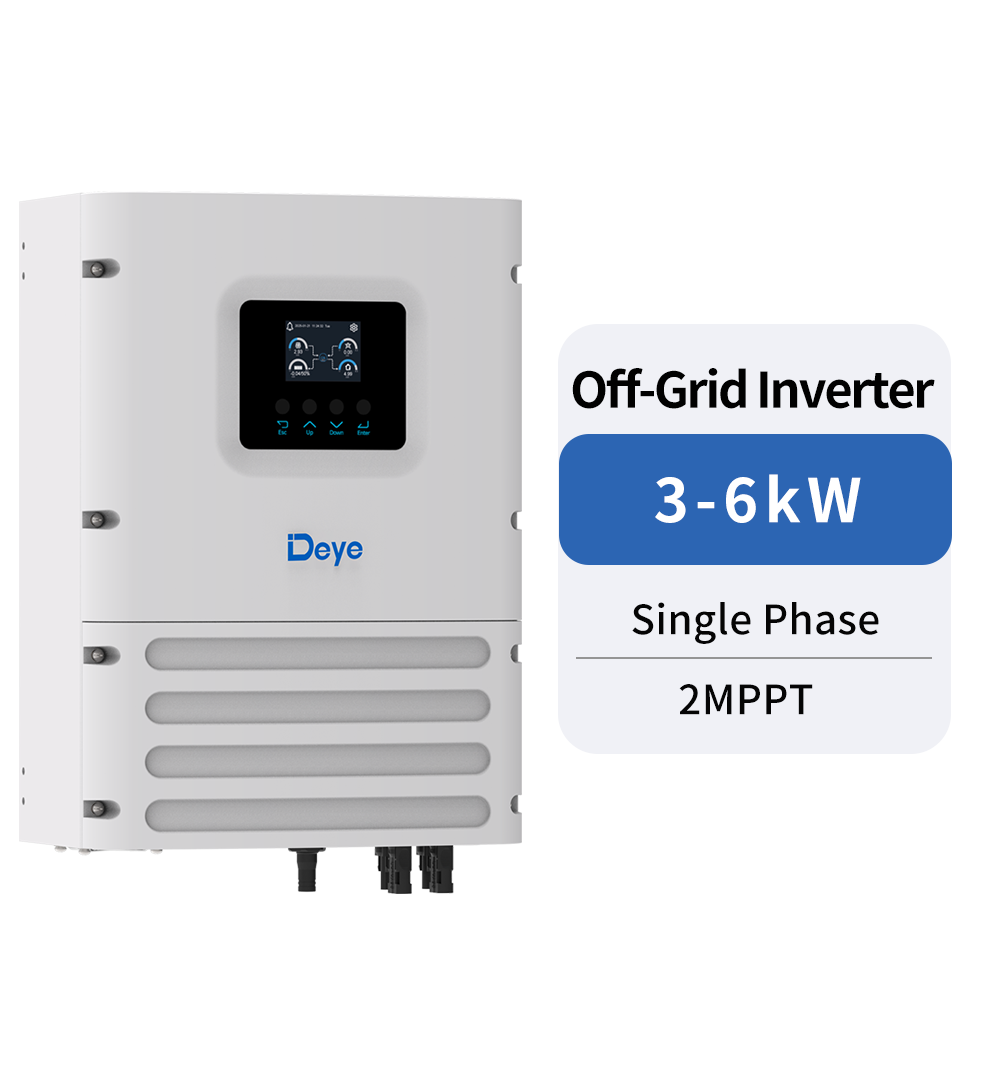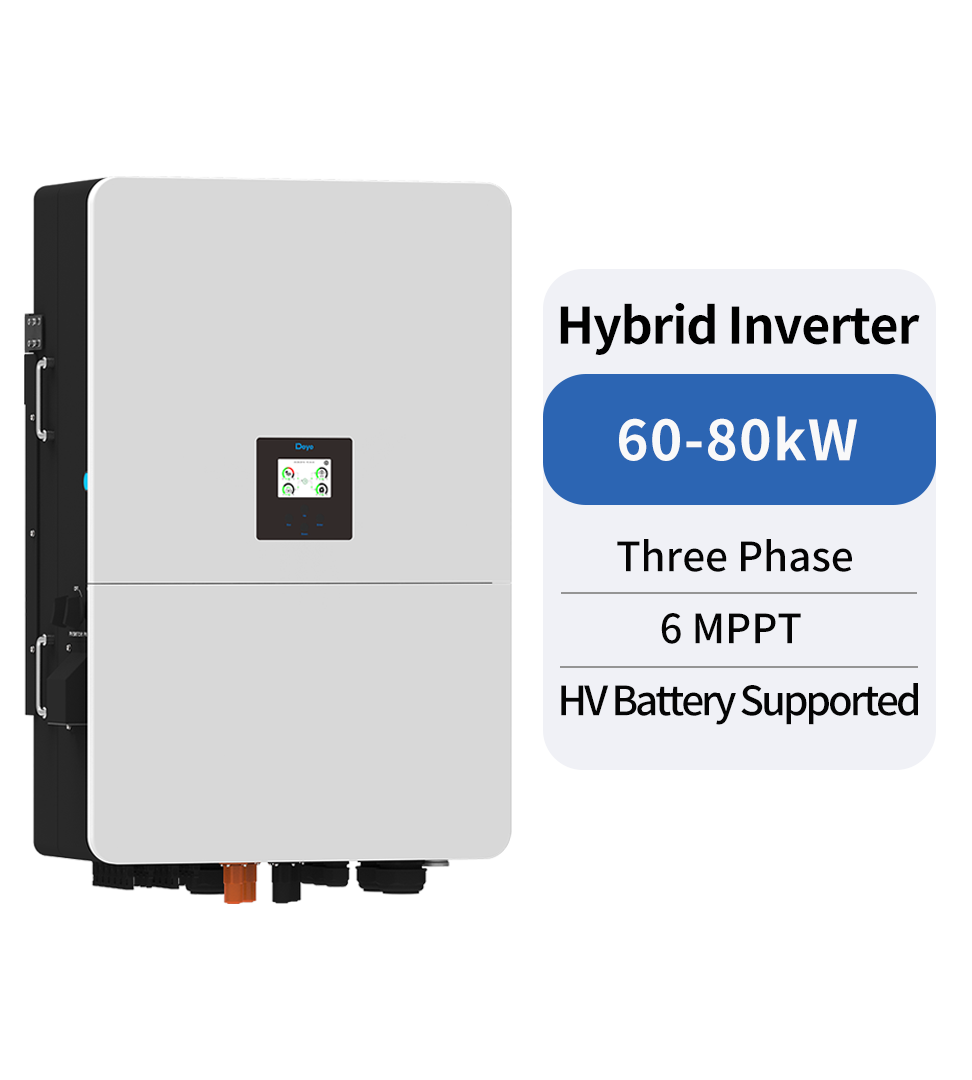Technical Topics
What You Need to Know About Buying a Solar Inverter for Your PV System
Solar inverters are essential for a variety of reasons. These devices monitor solar energy production and control energy storage and usage. They can divert extra PV energy to heat water or activate smart devices during the day to reduce electric bills. Ultimately, inverters make a smart home into a smart energy home. By putting control over energy production into the hands of consumers, they make it possible for anyone to save money and power.
Solar inverters can charge your battery directly or after converting it to AC. The latter option is more convenient as it requires less electronics. A solar inverter also has an output port for connecting to your home's electrical system. It is also compatible with many electrical appliances. In many cases, the solar inverter is built into solar generators. If you're not sure whether your solar power system includes a solar inverter, read your user manual to determine which component is important.
While solar panels are made of multiple layers of semiconductors, each one has a positive and a negative side. When light strikes the panels, the layers absorb the light and electrons move between the positive and negative sides. The result is a direct current that can be stored in a battery, or sent to a solar inverter for conversion to usable electricity. The benefits of installing a solar inverter will outweigh the drawbacks.
As with any other electronic device, warranties are essential when buying a solar inverter. You'll want to understand what you're getting from the warranty before you purchase one. Some warranties cover the device itself, but others may only cover the central inverter. You should read the warranty to see if the manufacturer will replace the inverter if something goes wrong with it. And remember to check for a manufacturer's return policy.

Some solar inverters can be connected to your grid through an additional device. Alternatively, some solar inverters work with a diesel generator. Some solar inverters can be connected to your grid for a backup electricity supply. The SUN-8/10/12K-SG is a three-phase hybrid inverter with a 400Vac/50Hz output. It inherits many of the benefits of previous hybrid inverters, including Grid peak shaving and Smart load. It is compatible with a diesel generator and supports DC48V off-grid systems.
Among the manufacturers of solar inverters, Ningbo Deye Inverter Technology Co., Ltd. is the guiding manufacturer. It has a production area of 15000 square meters and a highly qualified workforce. The company has received numerous awards for its solar inverters. There are types of Deye solar inverters: micro, single phase, three-phase inverter, hybrid inverter, and grid-tie. If you're looking for a high-quality, reliable solar inverter for your needs, choose one of these. You'll be happy you did.
Peak efficiency refers to the efficiency of an inverter at its higher and lower operating levels. This isn't always the case, so you have to consider the amount of DC input you receive from the sun to maximize energy output. Peak efficiency figures may be reached only occasionally, or even never. The better way to measure peak efficiency is to look at weighted efficiency figures, which take into account the different DC input levels. A higher weighted efficiency value means more accurate reading.
Solar inverters are crucial to a solar PV system. Most systems include an inverter, which converts direct current electricity to alternating current (AC) for use in homes and businesses. As a result, they can help maximize the benefits of solar energy. The inverters can also detect abnormal electrical currents and utility grid outages. This helps make your solar energy system more efficient, and maximizes your energy production. If you're not sure which one is right for you, make sure to contact a reputable installation company and ask for expert advice.
A solar panel system cannot run without a solar inverter. The inverter converts DC power to AC power and feeds it into a commercial electrical grid. A solar inverter makes the ultimate generation of solar panels work. It's the central part of any solar system. Without a solar inverter, you can't run table lamps, power appliances, or even your entire home. If your solar panel system doesn't have a solar inverter, you won't be able to use any solar energy at all.
There are many types of solar inverters on the market today. String inverters are perhaps the more popular. They are the more affordable type of solar system, but have several disadvantages. The string inverters are dependent on one another, and if one PV module becomes shaded, it can affect the entire string. This system also tends to have a limited power range and requires multiple solar inverters. Ultimately, you should always choose the solar panel system that suits your needs and budget.
PREV:What can a Grid Interactive Inverter do
NEXT:How to Select a Solar Inverter
Share
Product recommendations
news recommendations
-

-
 Green Industry, Bright Future: Deye Distributor Summit – Dubai 2025 Concludes Successfully
Green Industry, Bright Future: Deye Distributor Summit – Dubai 2025 Concludes SuccessfullyIn November 2025, Deye Group successfully hosted the “Green Industry, Bright Future—Deye 2025 Dubai ...
-
 Deye’s Malaysia Johor Manufacturing Base Officially Breaks Ground — A Key Step Forward in Its Globalization Strategy
Deye’s Malaysia Johor Manufacturing Base Officially Breaks Ground — A Key Step Forward in Its Globalization StrategyOn October 2, 2024, Deye Group (hereinafter referred to as “the Company”) held a groundbreaking cer...

 China - 简体中文
China - 简体中文 Global - English
Global - English Brazil - Português
Brazil - Português Netherlands - Dutch
Netherlands - Dutch Italy - Italiano
Italy - Italiano Germany - Deutsch
Germany - Deutsch Spain - Español
Spain - Español France - Français
France - Français Vietnam - Tiếng Việt
Vietnam - Tiếng Việt Poland - Polski
Poland - Polski Australia - English
Australia - English


